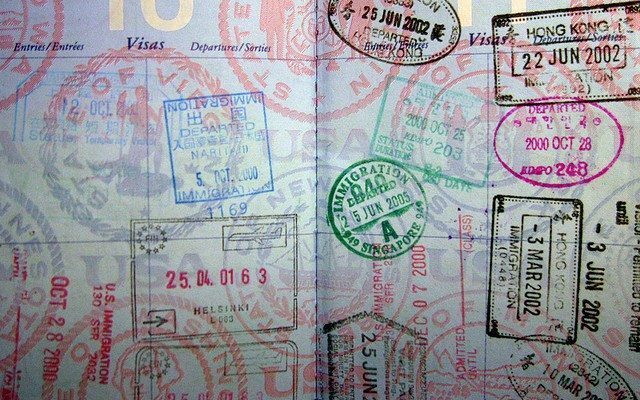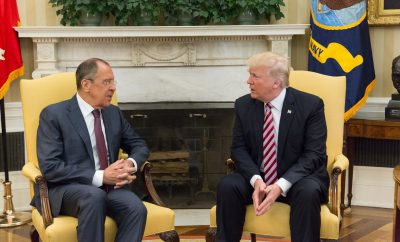
News
The Thin Line
When is a line more than just a connection between two points? A line, a border, can limit the encroachment of and define a culture, language, religion, and laws. It can also be blurred, changing constantly, like that of India and Pakistan, or Israel and Palestine. When playing jump-rope with those lines, what laws apply?
Making recent global headlines is the story of the White Widow, Samantha Lewthwaite — the British born and raised converted Muslim woman who’s now-dead husband was involved in London’s 7/7 jihad attacks. Although initially condemning her husband’s actions, she seems to have joined his cause. She forged a Somali passport under the name Natalie Webb, and crossed African borders, seamlessly entering Kenya. Now, she is a major suspect in a Nairobi mall bombing, and has been given a Red Notice by INTERPOL. The Red Notice means that the 190 member countries of INTERPOL, an international police organization, are participating in manhunt for her. For her search, other methods Kenya could have taken would have been to reach out to INTERPOL’s close alliance, the United Nation, work in solitude with Kenya’s own national security, or extend for help to independent Kenyan alliances rather than the large coalition, INTERPOL.
From one conservative extremist Muslim, to one liberal extremist, different people with radically different views, are found in similar situations— they are both being sought by authorities. Acclaimed author Salmaan Rushdie, as a result of his unapproved writings about Islam, had a fatwa placed upon him by the Iranian leader, Ayatollah Khomeini, in 1989. A fatwa, unlike the a notice by INTERPOL, is less tied with the government and more with the religion. The fatwa against Salman Rushdie is a religious order commanding the Muslim population worldwide to do an action. In the case of Salman Rushdie, the action was to kill the author.
A more domestic situation that deals with this issue is the anecdote of Edward Snowden. After receiving treason charges in America, Snowden was granted limited asylum in Russia, tarnishing the relationship between the two nations. A stemming problem is the extradition of Edward Snowden. By avoiding America, he was able to avoid his prosecution. Like America, Kenya anxiously awaits the return of the potential criminal, using the Red Notice to catalyze the extradition process.
All of these cases echo the same question about borders that was posed by the Dred Scott Case in 1857: Do the laws of a land no longer extend to you once you step over the line? Is it the responsibility of nations to carry out the jurisdiction of the native ruling county?
[cfr.org] [ Interpol.int]
—
Featured image courtesy of [hjl via Flickr]








Comments